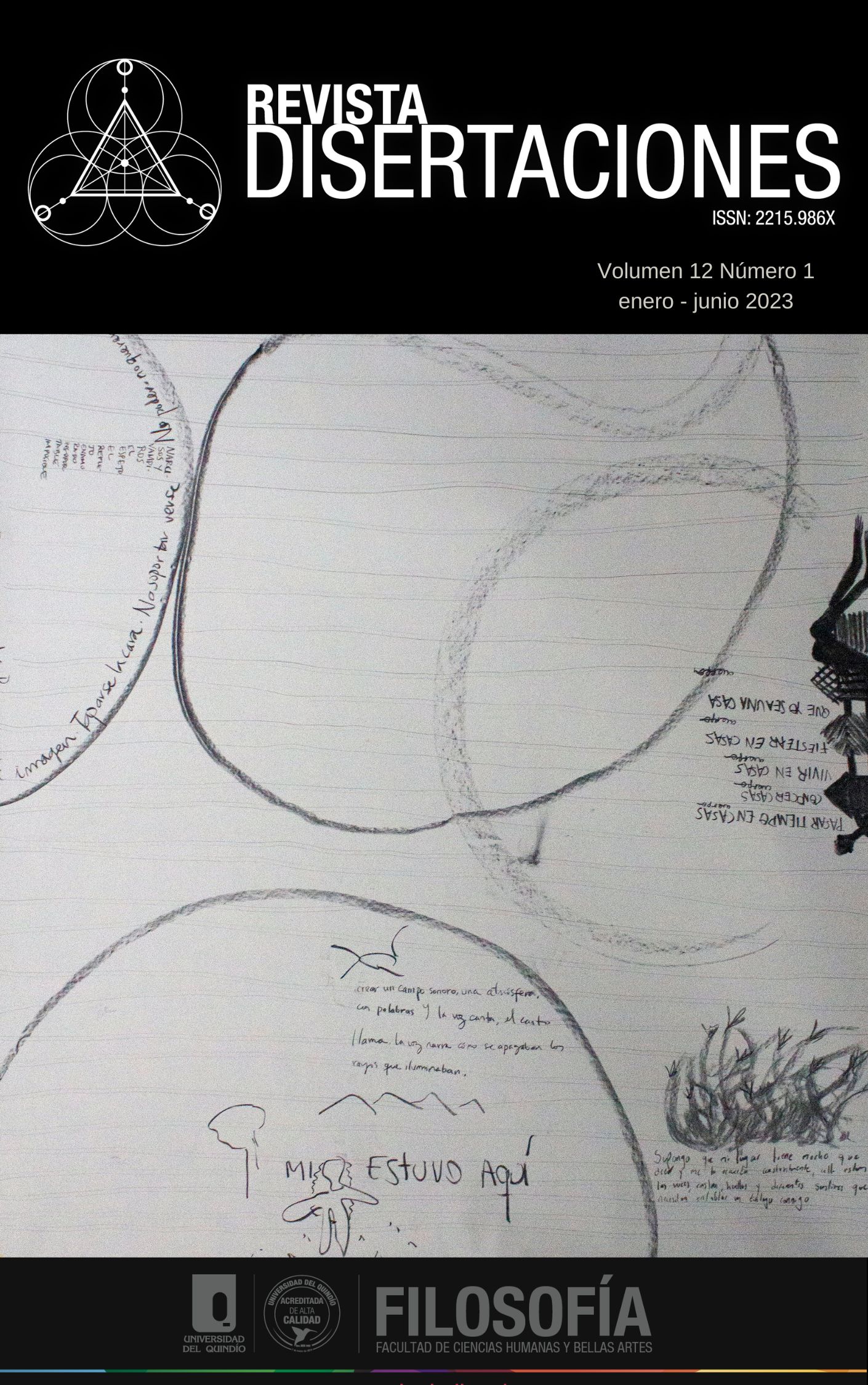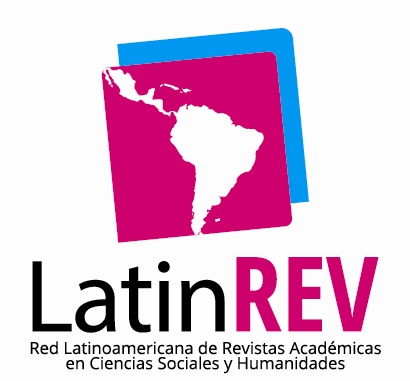Criticism and Aesthetic Theory in Edgar Allan Poe
The Essay “The Purpose of Poetry”
DOI:
https://doi.org/10.33975/disuq.vol12n1.1173Keywords:
Poetic Creation, Literary Criticism, Edgar Allan Poe, Aesthetics, Reception Aesthetics, Art TheoryAbstract
In his facet as an essayist Edgar Allan Poe developed interesting ideas that correspond to the field of aesthetics. However, these have not been widely disseminated, and even less in Latin America, contrary to his poetic work –better known–, and his prose narrative –which is usually part of the school programs of universal literature–. The present writing intends to recover some of his approaches analyzing his theoretical essay "The Purpose of Poetry", following the trail of his criticism of a bourgeois and masses aesthetic and of an aristocratic and traditionalist aesthetic. With its careful reading we pay tribute to the author, delving into his complex profile, and following his exploration of topics as varied as criticism, the public, reception, poetic creation, the function of art and the poet's social importance. Lastly, his opinion on some outstanding figures of world poetry of his time provides us with a very rich overview of the cultural context of the first half of the 19th century.
References
Aristóteles. Ética a Nicómaco. Madrid: Alianza, 2005.
Baudelaire, Charles. “Edgar A. Poe. Su vida y sus obras” en Poe, Edgar. El hombre de la multitud. Bogotá: UNAL, 2005.
Baudelaire, Charles. El pintor de la vida moderna. Madrid: Alianza, 2021.
Baudelaire, Charles. “Nuevas notas sobre Edgar Allan Poe” en Poe, Edgar. Ensayos y críticas. Caracas: El perro y la rana, 2008.
Darío, Rubén. Los Raros. Buenos Aires: Losada,1994.
Duque, Félix (Ed.) Poe. La mala conciencia de la modernidad. Madrid: Círculo de bellas artes, 2009.
Girard, René. Mentira romántica y verdad novelesca. Barcelona: Anagrama,1985.
Edgar Allan Poe Society of Baltimore. Sitio Web: http://www.eapoe.org/works/info/peltb.htm
Maurel, Olivier. Essais sur le mimetisme. Sept oeuvres littéraires et un film revisités à la lumière de la théorie de René Girard. Paris: L´Harmattan, 2002.
Ortega y Gasset, José. La deshumanización del arte. Madrid: Castalia, 2009.
Ortega y Gasset, José. La rebelión de las masas. Madrid: Alianza, 2014.
Ospina, William. “Edgar Allan Poe. El explorador de tinieblas”. Un álgebra embrujada. Bogotá: Random House, 2012. 37-40.
Platón. Diálogos. Barcelona: Gredos, 2019.
Poe, Edgar Allan. Complete Poems of Edgar Allan Poe. New York: The Heritage Pess. 1943.
Poe, Edgar Allan. El hombre de la multitud. Bogotá: UNAL, 2005.
Poe, Edgar Allan. Ensayos y críticas. Caracas: El perro y la rana, 2017.
Poe, Edgar Allan. Obras en prosa. San Juan: Universidad de Puerto Rico. 2 Vols. 1956.
Poe, Edgar Allan. The Complete Works of Edgar Allan Poe. 2 Vols. New York: Cosimo, 2009.
Poe, Edgar Allan. The Portable Edgar Allan Poe. New York: Penguin, 2006.
“Poe as a Student. Edgar Allan Poe at the University” en The Raven Society. Sitio Web: https://aig.alumni.virginia.edu/raven/poe-resources/poe-as-a-student/ 2021.
Valéry, Paul. La idea fija. Madrid: Visor, 1988.

Downloads
Published
How to Cite
Issue
Section
License
Copyright (c) 2023 Revista Disertaciones

This work is licensed under a Creative Commons Attribution-NonCommercial-NoDerivatives 4.0 International License.














